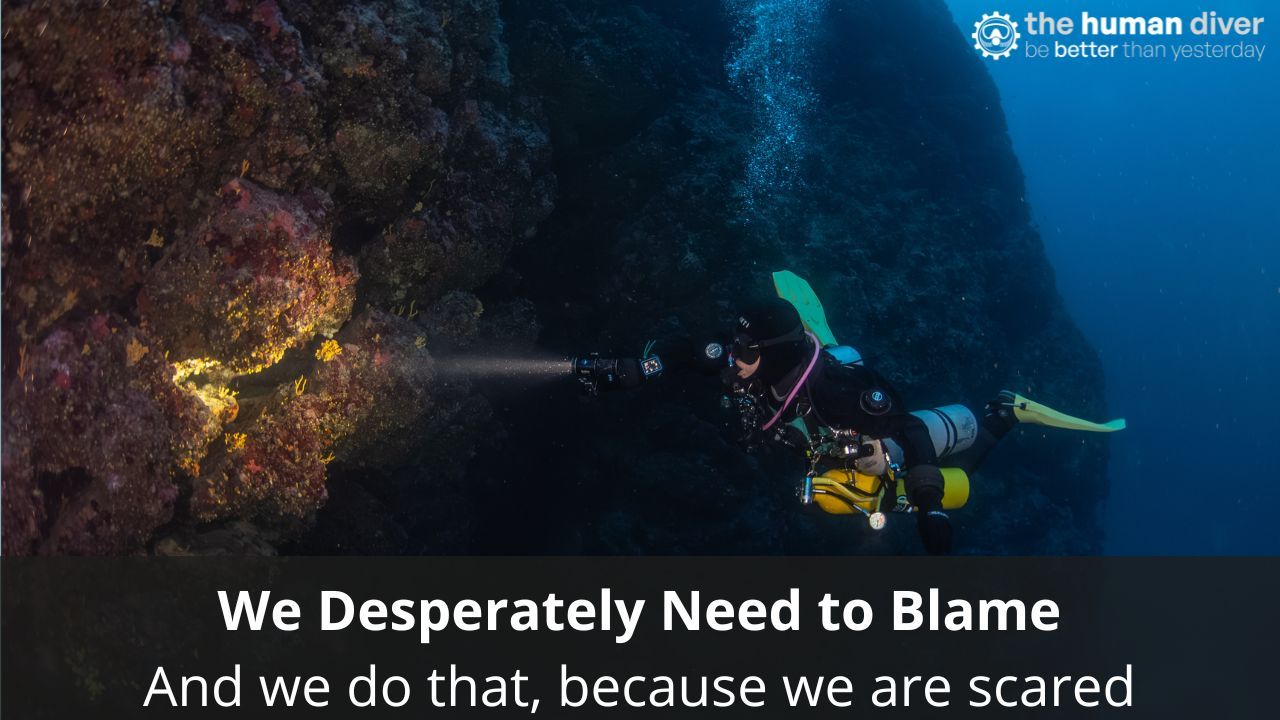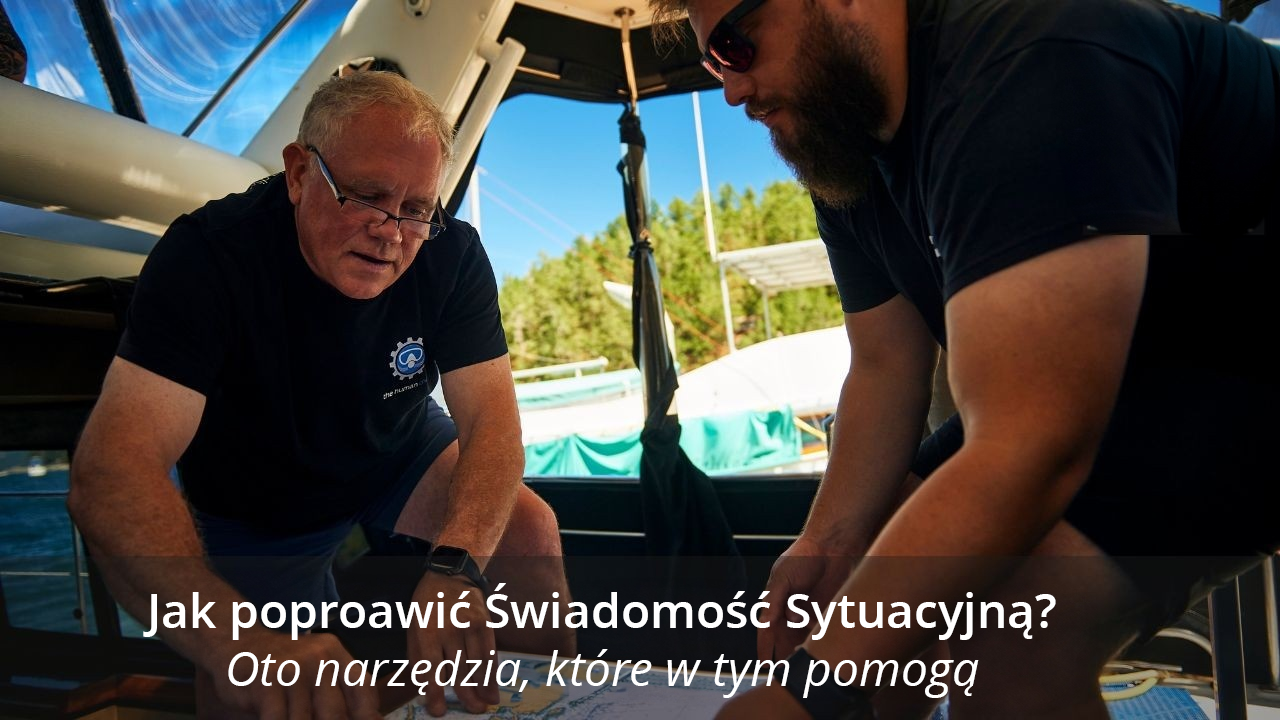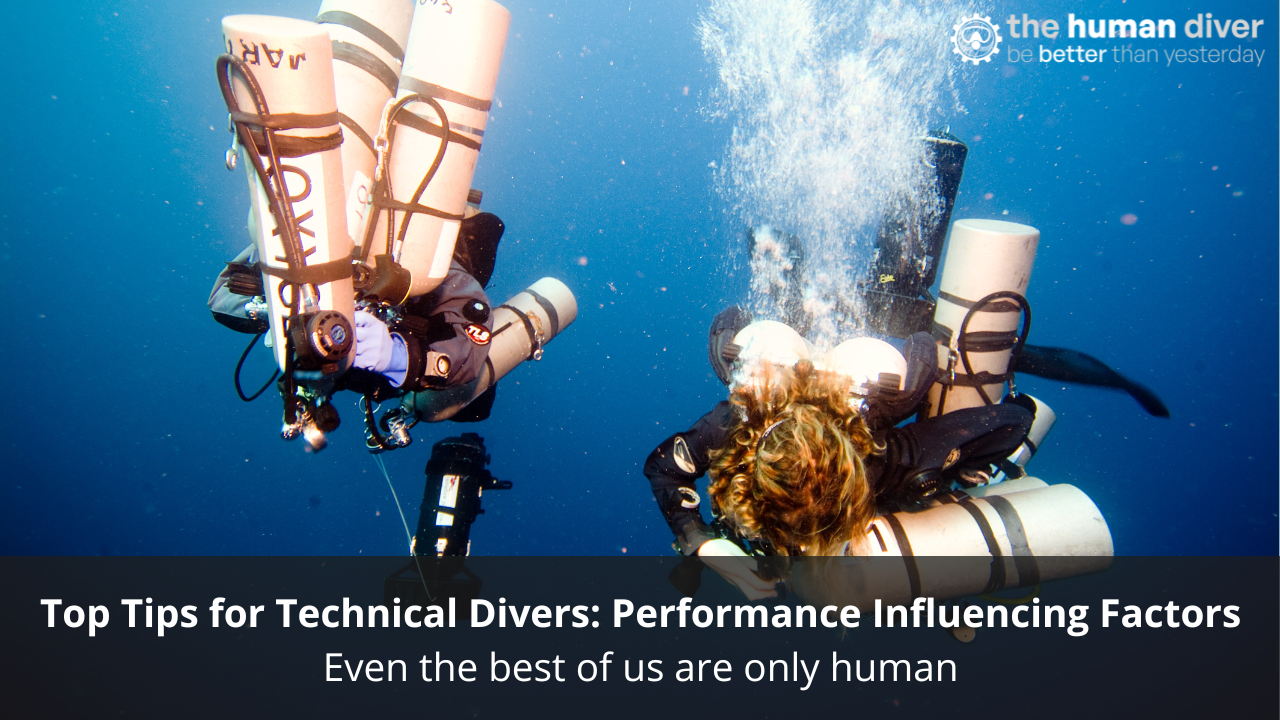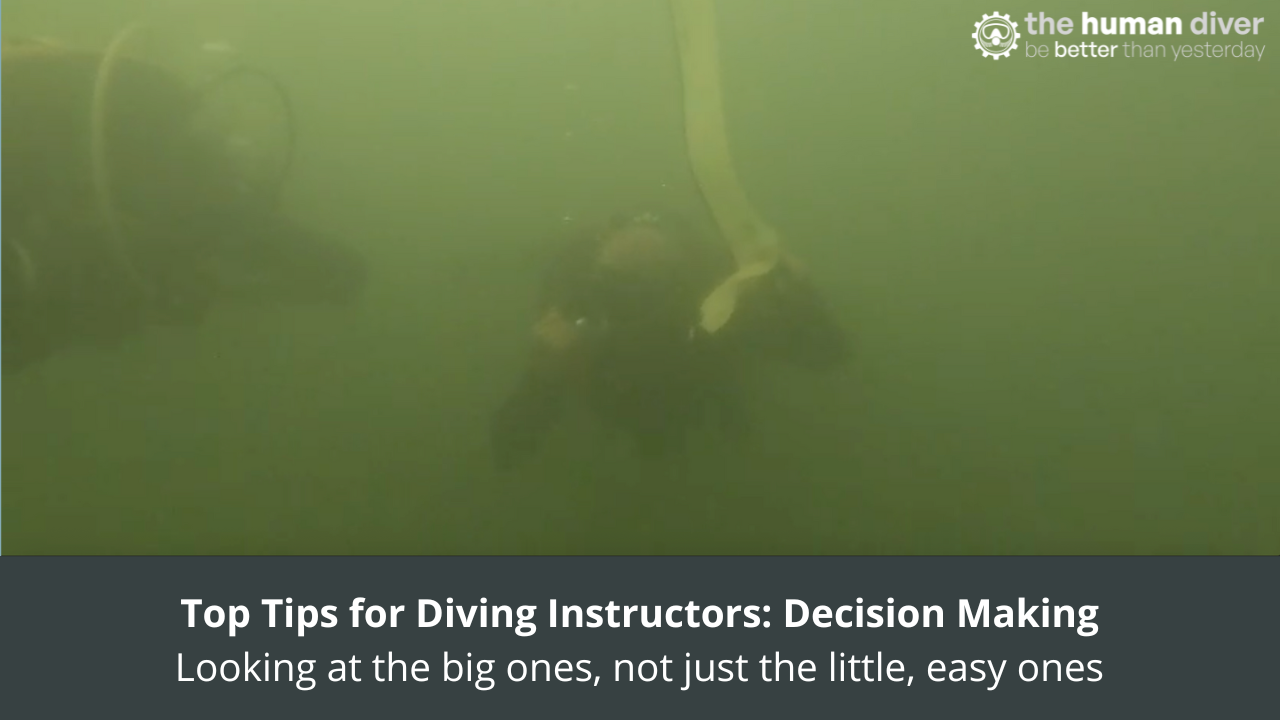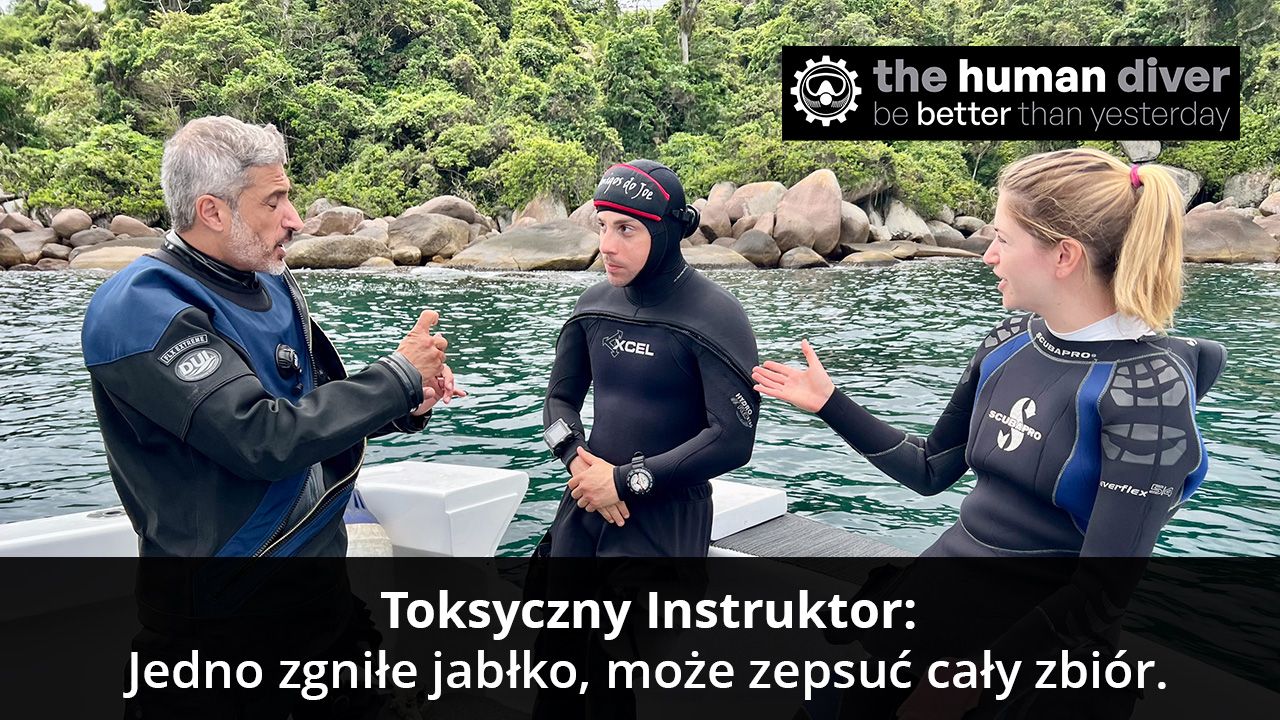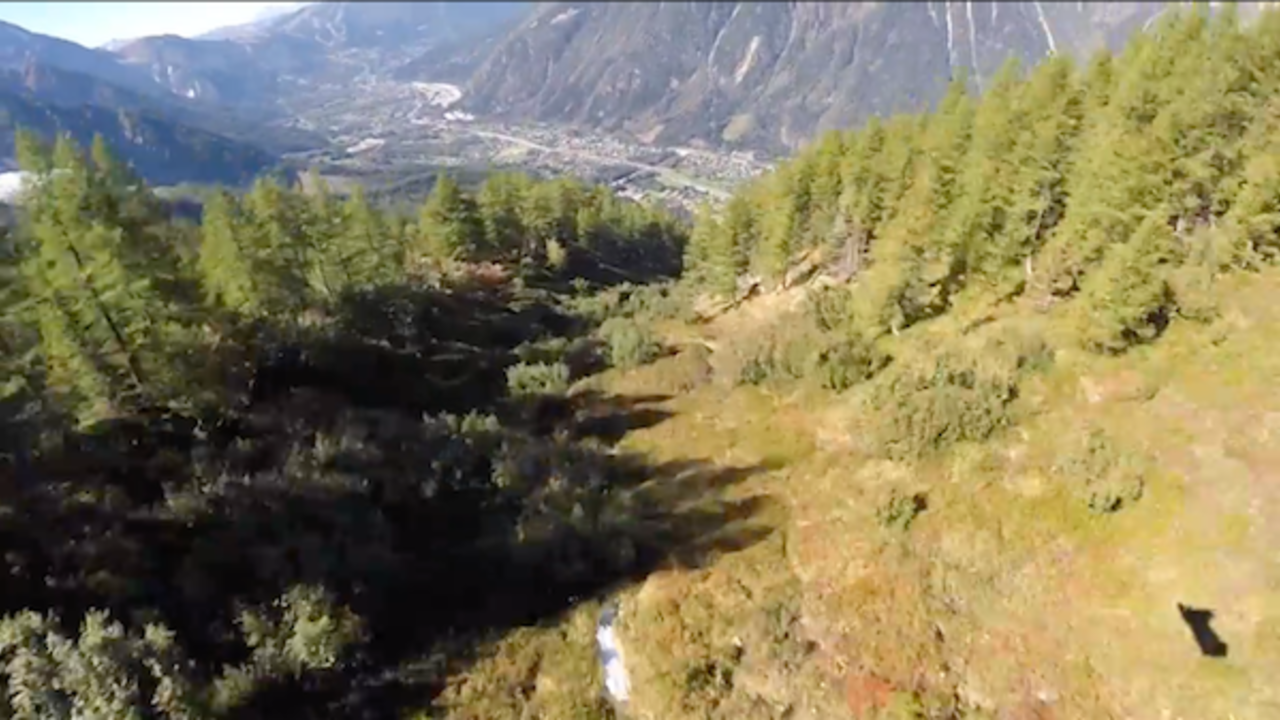
Congratulations on surviving. Dude, you’re one lucky f***er
Oct 27, 2016
This is the opening line of a candid interview between the owner of TopGunBASE, which is a wing-suit BASE jumping blog aimed at improving safety in this extreme sport, and a wing suit BASE jumper called Eric who ‘died’.
The interview is extremely useful, not because it is about a high risk sport in which the participant nearly died, but because of the candidness of the survivor, highlighting that he was way out of his depth in terms of experience and attitude prior to the jump in question and that by demonstrating his lack of internal awareness, he hopes to change the attitudes of others who might follow in his rapid footsteps.
"If I can help even one person stay alive by not repeating my mistakes, it’s worth the public confession of my less-than-stellar progression. I owe it to everybody who’s following in a path similar to mine. They deserve my honest attempt at deconstructing how I ended up flying into trees with no way out"
Eric managed to travel nearly a 100m through trees as he decelerated, breaking through an 8” tree trunk and chopping the top 20’ off on the way. He woke up in hospital unaware of what had happened!

The link to the full interview can be found at the end of this blog.
Eric describes his rapid progression through skydiving, wing suit flying and WS BASE jumping and the fact that he didn’t have a mentor to rein him in when he was going to fast, or to highlight where he needed to develop or just say no! The friends that he did have, both inside and outside of WS BASE, recognised that he was going to be a bloody mess on the ground pretty soon. Those outside the sport who provided guidance he dismissed because ‘they didn’t know about BASE jumping, and those inside weren’t as assertive as they could have been. Maybe that is because the culture of the sport doesn’t necessary allow that.
There are a number of lines from the interview which I am going to pull out and discuss in detail because I believe they have direct relevance to diving.
How many times have you flown the Cheese Grater line?
Maybe about ten times, but usually I disconnect half-way down the line, so I can make my normal LZ by the lumber yard area. On one previous occasion, I stayed on the line longer, and still made the same LZ. This was my second time staying on the line longer than normal. ..At that moment, I actually felt fine to turn onto the Cheese Grater line. Based on my previous jumps on that line, I honestly thought I would have no problems.
This is the start of normalisation of deviance. A ‘rule’ exists and the boundary starts to get pushed. Once something has been exceeded and nothing goes wrong, then a new boundary is created as the baseline. This baseline can shift. The important part is that it is an unconscious shift and only when something goes wrong, can we see how from the original baseline we have moved from.
Looks like you had an ‘out’ to the left about 10 seconds prior to impact, and you didn’t take it. Why?
I hadn’t planned for an ‘out’. I honestly didn’t expect to need one. I was just thinking about flying straight to my normal LZ. In hindsight, I think I was stuck on my ‘gameplan’ and obviously didn’t have the awareness to adjust inflight, especially when staying in the line longer than normal.
Not planning for the unexpected. When things go right all the time (or rather they didn’t end up in an injury), we often forget that they don’t always go that way. Looking at risk management research and execution at a higher level, there are organisations known as ‘High Reliability Organisations’ who have a ‘Chronic Unease Towards Failure’. This isn’t paranoia, but rather they are proactive in looking for small changes which may lead to an accident. They look for weak signals, like throw-away comments, that on closer inspection lead to bigger questions that need to be asked. Same in the case. Eric had already seen that he was slower than the others but had asked the question ‘why’ and he didn’t have anyone close enough and assertiveness to provide the rationale. ‘Because’ is an extremely powerful word. Most people want evidence when they are asked or told to do something different.
There’s a difference between 1) Awareness of something wrong and not doing anything about it, and 2) NOT being aware of something wrong at all… and I guess that’s where I’m digging in the weeds and trying to figure out which is at play here.
I think it’s a little bit of both. Towards the end of my flight, I started feeling I was a bit low, but not so low that I couldn’t make it to my usual LZ
You didn’t pitch. The primary stow band was still engaged on your lines when PGHM got to you. Knowing that you didn’t pitch, what’s your reaction?
I still thought I was going to make it to my LZ. By the time the ‘Oh shit!’ window arrived, it was too late. I felt my chances of flying this out were better than pitching early in a shitty spot.
The scary part is that right up until the last second or so Eric was convincing himself that it was all ok and finding excuses about why he behaved in the manner he did. The scary part is because this is an issue all humans have, unless we are acutely aware of it and can call ‘stop’, even then it isn’t easy and requires a support team or environment for it to happen. This is known as the sunk-cost fallacy, we don’t want to lose what we have already committed to. I wrote a whole blog about this here
Taking this all into account, what was your honest assessment of your speed capabilities when they talked to you about flying too slow?
I just brushed off their small comment about speed because they didn’t address it like it was a big issue. That flight itself didn’t feel different from my previous flights elsewhere. I wouldn’t say I was lying to myself, but I honestly thought my WS BASE performance was good enough. I knew I was slower than some people, and honestly tried to keep that in mind when considering new jumps or lines. I might not have been the best, or better than anyone, but I definitely felt good enough to fly most lines. I now realize I was getting complacent really fast. Although I had been keeping a margin for error, once I got to an advanced place like Chamonix, the margin for error dropped considerably without me fully realizing it. I thought I was good enough, fast enough, and knew what I was doing… I let myself get complacent and too comfortable flying slow. It turned out to kill me, except that I lived.
The difficulty for many people who are at the top of their sport (or perceive to be) is that they don’t have a peer group to provide that review or feedback. The further they get without something adverse happening, the safer they think they are. The quote from Todd Conklin comes to mind here
“Safety is not the absence of accidents or injuries, it is the presence of barriers and defences, and the ability to fail safely"
This is where teamwork and effective communication can really help. Just because you are at the top of your game, it doesn’t mean you won’t drift either. If you are at the ‘top’ then you must make yourself ultra-approachable to enable others to critique you honestly and fairly. You must also encourage the feedback process.
Eric describes how hard this was, and the fact that he missed the signs that others were concerned.
My progression, especially once I took my BASE FJC, was way too fast. I tried but couldn’t find a mentor willing to show me the ropes. That bothered me very much at the time, but I figured people just didn’t want to deal with the responsibility. I thought I knew what I was doing, so I just continued on the path by myself, doing what I thought was correct. One of my friends was pretty shaken up. I’d flown with him in Walenstadt just a few days prior. As it turns out, he had really wanted to tell me how concerned he was about my slow flying. He didn’t, he kept quiet. After my crash, he felt so bad, because if I actually had died, dude, he would have carried that guilt of staying quiet for the rest of his life. There are so many things to take away from this. If you see something dangerous, man up, grow a thick skin, and say what’s on your mind, right then and there.
And this final quote brings me to a key point I am trying to promote within the diving community. It is not enough that brave divers can face the social media wrath by talking about the mistakes they make, but it is also the community who must recognise that errors, mistakes and drift happen all the time and that just because an adverse event has happened, it doesn’t mean that the mistakes/errors didn’t happen previously and didn’t end up with an injury or fatality.
Therefore, when divers make mistakes, push the boundaries and break the rules, there is normally a valid reason for that. If we are to improve the safety of the sport, we need to understand those reasons, what were the drivers behind the decision making. This means that divers need to be able to talk about the context, not just the outcome. If we focus on the outcome, we can’t improve things. Those who have read the accident and incident reports, we can see that it is often not the equipment or environment that is the issue, it is the divers mindset, attitude and non-technical skills (decision making, communications, teamwork) that are lacking.
When it comes to exploration-level diving, the margin between success and failure is very small. Prevention is a much better cure, but you cannot mitigate everything, therefore the ability to fail safely is even more important which means having contingency plans in place. The real problem with exploration level diving are the pressures to complete the dive at hand, direct or inferred. This has a major impact on the rationality of the decision-making.

The author of the article makes some points which are equally valid to the diving community regarding the rapid progression of divers from beginning to wreck and cave CCR divers, without necessarily having the core skills/knowledge to manage effective decision-making.
This fatality (let’s face it, Eric ‘died’) started with huge social media influence. Most newbie viewers never realize that: A) It took over 20 attempts on the same line to get the one perfect video clip that goes viral, and B) The videos that hooks newbies are flown by world-level pilots at the top of their game with years of WS BASE experience and many hundreds of wingsuit basejumps.
Becky Kagan-Schott and I have talked about this on a few occasions. Does social media and high quality video/stills entice others away from the ‘normal’ locations that everyone has been to? When we see the results, we see the tip of the iceberg, the top 10%, we don't see the 90% of blood, tears, effort, frustration and failure. Don't be fooled by the ease by which it appears on the video, it wasn't easy getting that good!
I’m not in BASE to make friends. But I prefer to keep the friends I do make. I’m guessing you do too. If you see something/someone/anyone/anything unsafe… man up and speak your mind right away. Don’t worry if you piss that person off. You’ll gain the respect of your peers by demonstrating the responsibility of calling out shit that needs to be squared away. Especially if that dumbshit is me. I’ll be pissed if I hear you kept your mouth shut on something unsafe I was doing, but didn’t have the stones to tell me to my face. Make sure your concern is heard and understood.
I recently published an article in The Diver Medic entitled ‘Today is a good day to die’ which highlighted that most people don’t aim to die doing the sport they love to do. In diving there are so many versions of ‘right’ which means it is much harder to spot when something is wrong. However, we do need to be able to speak up in a non-confrontational manner, asking why something is the way it is. If the answer is ‘I don’t know, but it is what my instructor told me’, alarm bells should start ringing. That doesn’t give you the authority to ‘go off on one’ but calmly explain the rationale about why you think it is an issue.
Finally, this equation is perfect with the variable of 'Jump Numbers' changed to 'Dives'
Don’t trust jump numbers to tell you if you’re experienced or prepared. My current working definition of experience is this:
Experience = Jump Numbers + Demonstrated Proficiency + Time in Sub-Discipline.
Shortcut any one category, and you’re an accident waiting to happen.
This article on the Dunning-Kruger effect I wrote covers a number of the key issues highlighted here. The title ‘Incompetent and Unaware’ sums it up nicely.
Incident reporting systems exist all around the world. If you have had something not go to plan, seriously consider reporting it so others can learn.
DAN Non-Fatal Incident Reporting - http://www.danap.org/accident/nfdir.php
British Sub Aqua Club Incident Reporting - http://www.bsac.com/page.asp?section=1038§ionTitle=Annual+Diving+Incident+Report
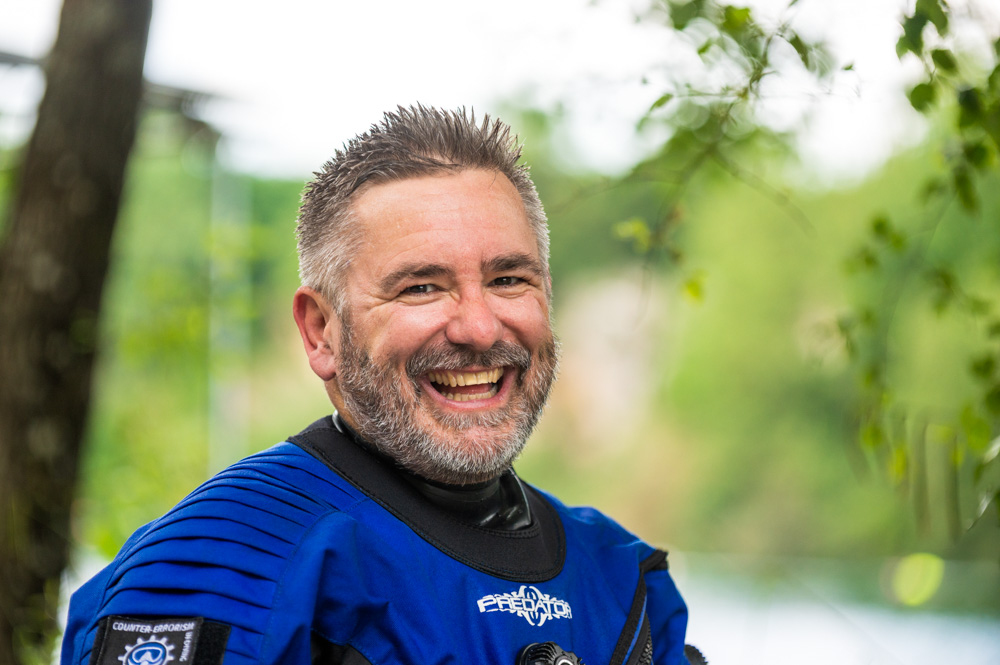
Gareth Lock is the owner of The Human Diver, a niche company focused on educating and developing divers, instructors and related teams to be high-performing. If you'd like to deepen your diving experience, consider taking the online introduction course which will change your attitude towards diving because safety is your perception, visit the website.
Want to learn more about this article or have questions? Contact us.




